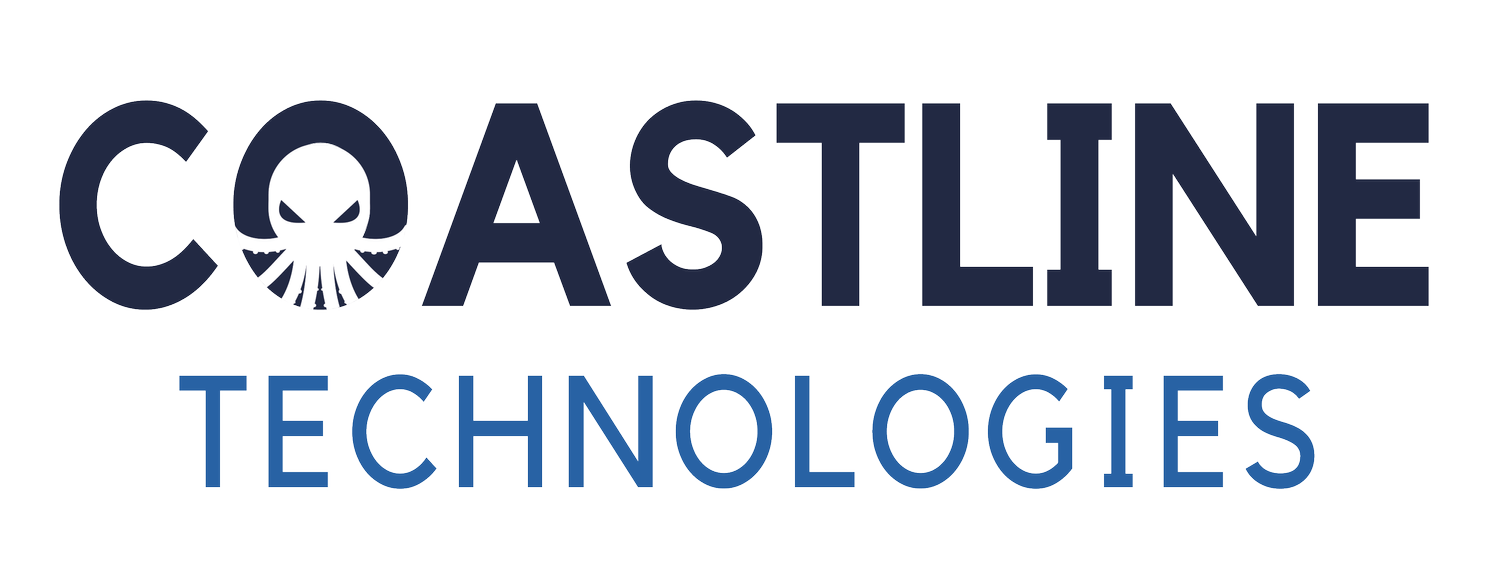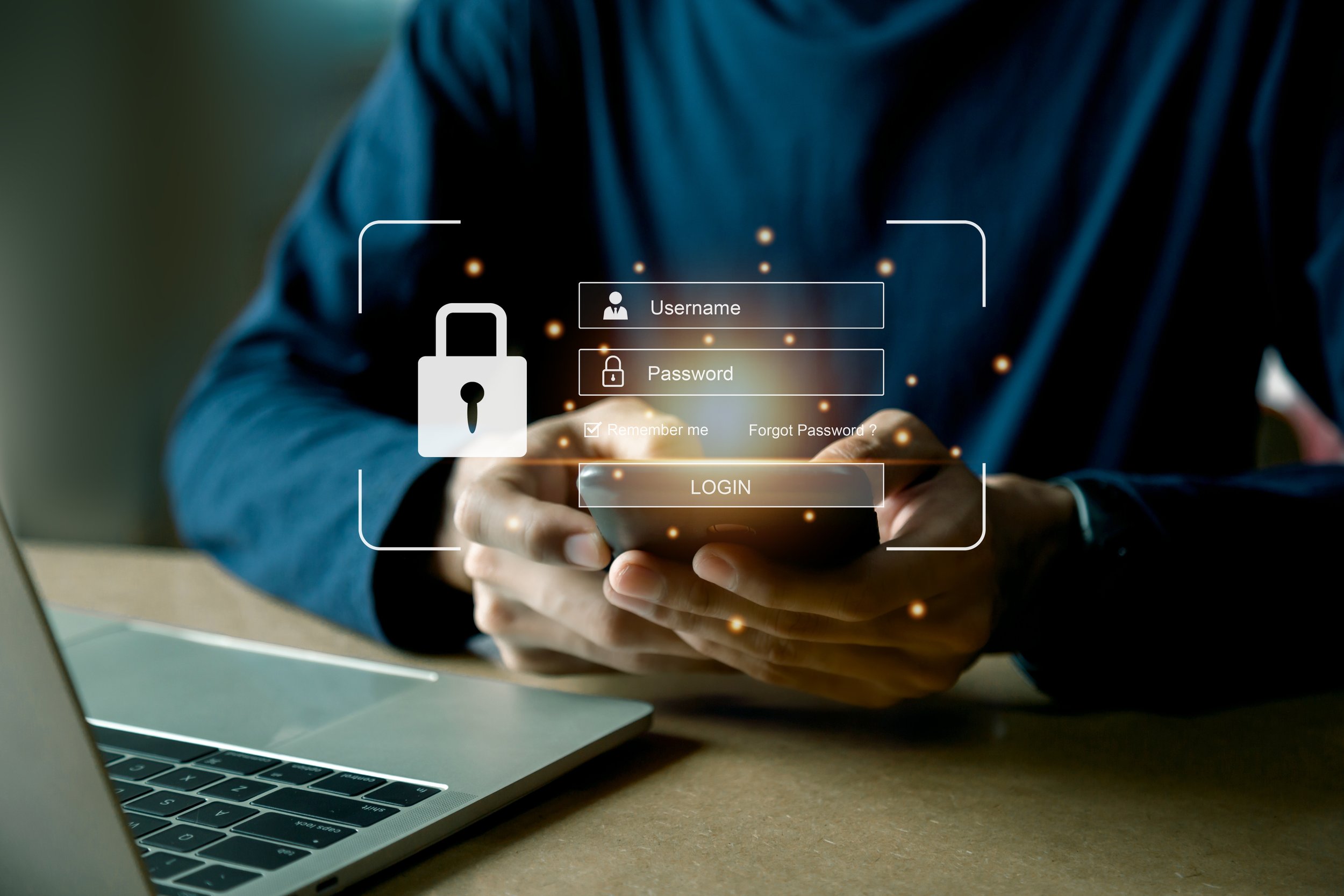Cybersecurity Awareness Month
Each year, October is designated as National Cybersecurity Month to ensure that all Americans are aware of the importance of cybersecurity. This year’s theme set by the Cybersecurity & Infrastructure Security Agency (CISA) and the National Cyber Security Alliance (NCSA) is “Do your part. #BeCyberSmart.” The emphasis of the campaign is on the role that we each play in taking proactive steps to protect our information and data online.
A strong indicator of the importance of cybersecurity is the fact that the volume of fraudulent emails and text messages spiked by more than 660% at the beginning of the pandemic, according to the NSCA.
In recognition of National Cybersecurity Month here are a few steps you can take to keep yourself safe online.
Strong Passwords
By now, everyone should know that “password” or “1234” are not appropriate passwords. The best passwords utilize the full breadth of keyboard characters, including symbols, uppercase and lowercase letters, and numbers. In fact, if you’re looking for a resource to help determine how strong your password is, give this tool a try.
But best practice for businesses goes beyond that. Passwords used for business operations should be changed at least every 90-days. In fact, Coastline can dictate password updates for users in your organization through policies we put in place for you. If you are a Coastline client and would like to learn more about this option, just reach out!
Firewall Protection
A firewall’s basic function is to create a defensive perimeter that prevents certain types of internet traffic from entering your network and accessing resources. Your firewall secures all of your crucial network endpoints and any touchpoints where your servers and computers/laptops meet the internet.
Keeping your firewall updated is a critical component of protecting your network, computers, and data. Old and aging firewalls pose a great security risk, as they become obsolete models compared to newer technologies. Check out our last blog for more information on firewalls and when you should consider replacing them. As a Coastline client, you can rely on us to ensure your firewall is up-to-date and in working order.
Multi-Factor Authentication (MFA)
We get it. Sometimes enabling multi-factor authentication can feel like just one more thing to do. But MFA is typically a very easy and effective way to strengthen the security of your accounts and data. Nowadays, there are additional tools that can help you manage MFA access, such as the Microsoft Authenticator app. Some online platforms even offer a small discount if you utilize MFA during login - such as Mailchimp.
Coastline strongly recommends enabling multi-factor authentication whenever it’s available, especially for healthcare related offices, where MFA is required to be HIPAA compliant!
Ensure Your Systems are Up-to-Date
Coastline clients have the benefit of getting critical updates and security patches pushed right to their computers and servers automatically. Updates are critical to ensuring all of your devices have the most recent security and data protection protocols in place. But don’t forget about your phones, internet browsers, personal computers, and tablets. Turning automatic updates on your personal devices will help you keep up with the latest protections.
Secure WiFi
Your business network might have a range of wireless devices on them — from computers and phones to security cameras, smart TVs, tablets, and small doorbells. Taking some basic steps to secure your home WiFi network will help protect your devices from getting hacked — and your information from getting stolen.
The most critical step to secure WiFi is to encrypt your network. Encryption scrambles the information sent through your network, making it harder for other people to see what you’re doing or gain access to your information. You encrypt your network by simply updating your router settings to either WPA3 or WPA2. WPA3 is the newer — and best — encryption available, but may not be available on all routers yet. Both will work to scramble your information.
SSID broadcasting should also be disabled so that anyone looking to join your network must know the name of it in order to join it.
And lastly, set up guest WiFi for non-employees. Employee WiFi is on the same network as your internal systems and applications, and so should not be exposed to non-employees. We can implement guest WiFi access by using a separate wireless channel or device to segregate it from the internal network. Also, require employees to use the guest network to connect a personal device to the internet. This reduces the risk of a compromised device potentially infecting your internal systems.
If you are a Coastline client and would like to discuss any of the steps addressed in this article, or would like to learn how to become a Coastline client, please reach out!

